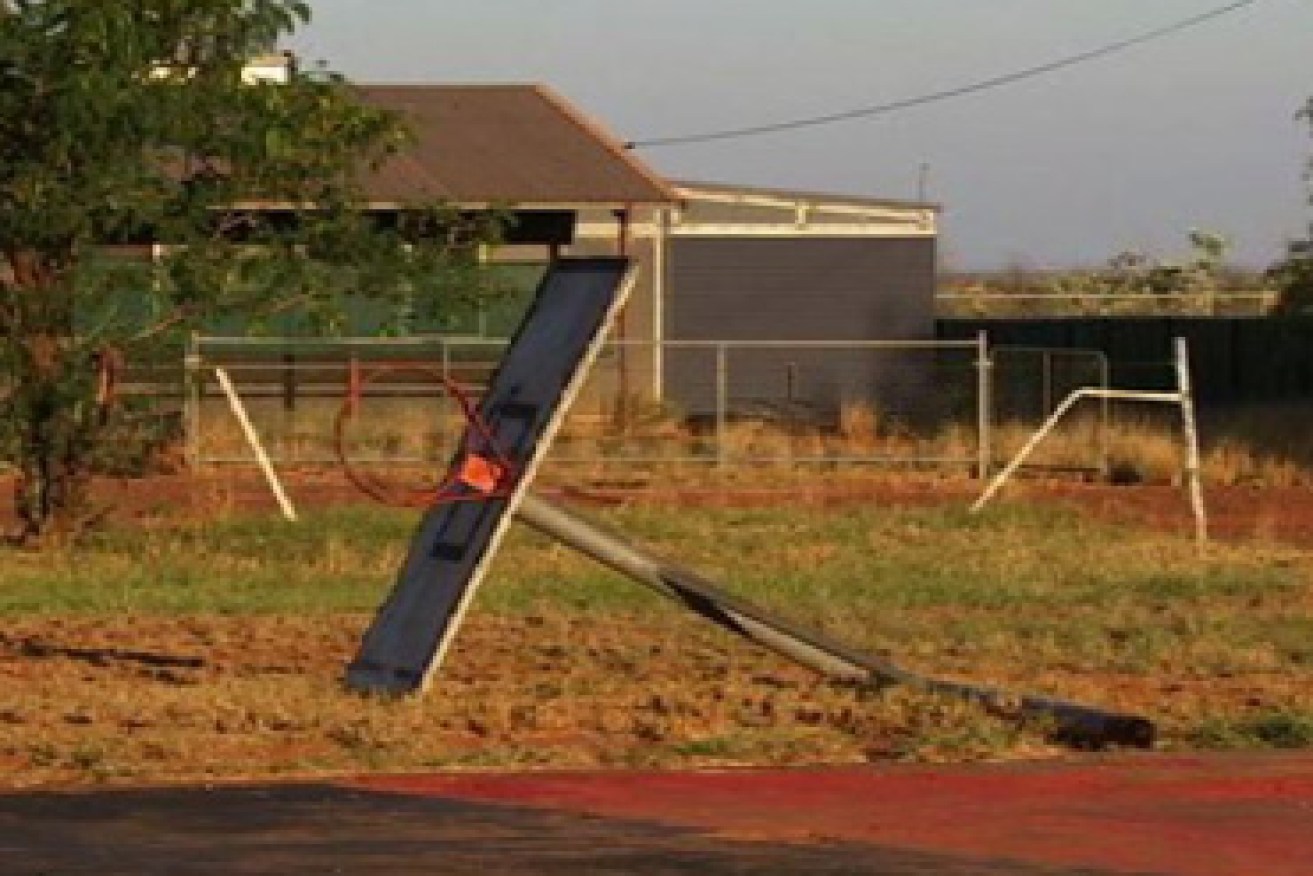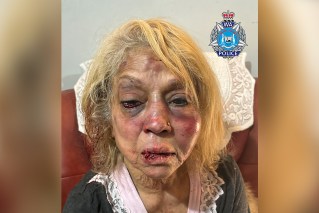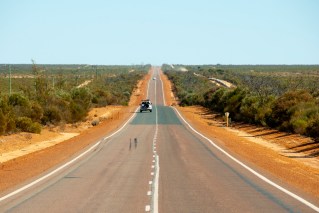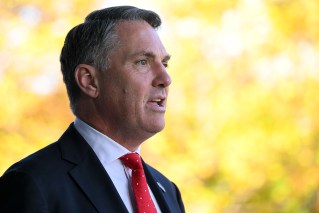Land chief threatens to ‘kill’ tourism industry

ABC
The head of the Kimberley Land Council has threatened to “kill” Broome’s estimated $141 million annual tourism industry in protest against the closure of remote Aboriginal communities.
Anthony Watson said he would be happy to move his own community to Cable Beach and “camp for weeks and months” to ensure the Western Australian Government involved Aboriginal people in its discussions about the future of remote communities.
He said he was unconvinced by the State Government’s promise that it would consult extensively with Aboriginal people and keep them fully informed.
• ‘Stop telling black fellas how to live their lives’
• Backlash over Abbott’s ‘lifestyle choice’ gaff
• Abbott’s nasty nickname in the Top End
“We’ve always been out of sight, out of mind and pushed away,” he told ABC’s Four Corners program.

Anthony Watson, chairman of the Kimberley Land Council. Photo: ABC
“Consultation is due to start in May, but we are yet to see any details.”
In a statement this week, Mr Watson said the State Government’s reforms were a “blatant PR and marketing exercise that will tell us nothing”.
“What we need is change of attitude across the board, where Aboriginal people are trusted to control their lives,” he said.
The CEO of the West Kimberley’s Winun Ngari Corporation, Susan Murphy, said she did not believe any of the communities deserved to close, but conceded some were facing massive challenges with drugs and alcohol.
Ms Murphy said problems in remote Aboriginal communities could not be solved by governments alone.
“We have to start standing up, we’ve got to be responsible for our own actions and our own decisions and if we want the same as we get in a town, we need to start fighting for it,” she said.
“But we’ve also got to start showing governments – that’s local, state and Commonwealth – that we can do it.”
Town struggling to cope with homeless itinerants
Even without community closures, the Broome Shire Council said the town was struggling to cope with the impact of a growing number of people from remote communities who come to Broome and have nowhere to stay.
Broome Shire president Graeme Campbell said about 150 people were sleeping rough in the town’s parks, on roadsides and in shop fronts each night.
Mr Campbell estimated mass closures of remote communities could add another 200 homeless people a night.
Broome’s Chamber of Commerce said the homeless visitors had become a security risk and it had advised shopkeepers to install CCTV cameras and be careful locking up at night.
Chamber of Commerce president Rhondda Chappell said alcohol restrictions in a number of Kimberley towns made Broome, which has few liquor restrictions, a magnet for people from remote communities.
“We have itinerant people on the streets. A lot of those are affected by alcohol and so therefore are often violent and angry,” Ms Chappell said.
Police unable to protect children in remote communities
Problems of excessive drinking and drug use underlie much of the debate around the closure of remote communities.
Mr Watson pointed out that communities have not only become vital as safe havens, where families can raise children away from the drugs and alcohol which pervade many towns, but have also become refuges.

A neglected playground in the remote West Australian town of Djugeriri. Photo: ABC
“I know that families, when they do break down, they go back to the community and lift themself up again and try to go and face the world again,” he said.
But others argue drugs, alcohol and poor management have made some communities dysfunctional.
West Australian Police Commissioner Karl O’Callaghan told Four Corners he knows of communities in the Kimberley where “children are being sexually abused every day”.
Commissioner O’Callaghan declined to name any specific communities but said there was “no significant way of protecting children in communities where there is no police presence” as there would be in a metropolitan area or larger country town.
He said police in the Kimberley told him they could not sleep at night, worrying about what was happening in some communities.
“The same applies to me,” he said.
“Knowing what I know, it’s very difficult to sleep at night, knowing that we cannot protect these children in any effective way.”
West Australian lawyer John Hammond was involved in an inquest into a spate of deaths at a now closed remote Indigenous community and said he believed there were other communities that should also be forced to close.
The Kimberley community of Oombulgurri was closed several years ago after a coronial inquiry found it to be in a state of crisis, with high suicide rates, sexual abuse, child neglect and domestic violence.
“There are other Oombulgurris and I have visited them. They have the most depressing living conditions imaginable. They are a disgrace to Australia and to all of those who have a prosperous way of life,” Mr Hammond said.
– ABC








